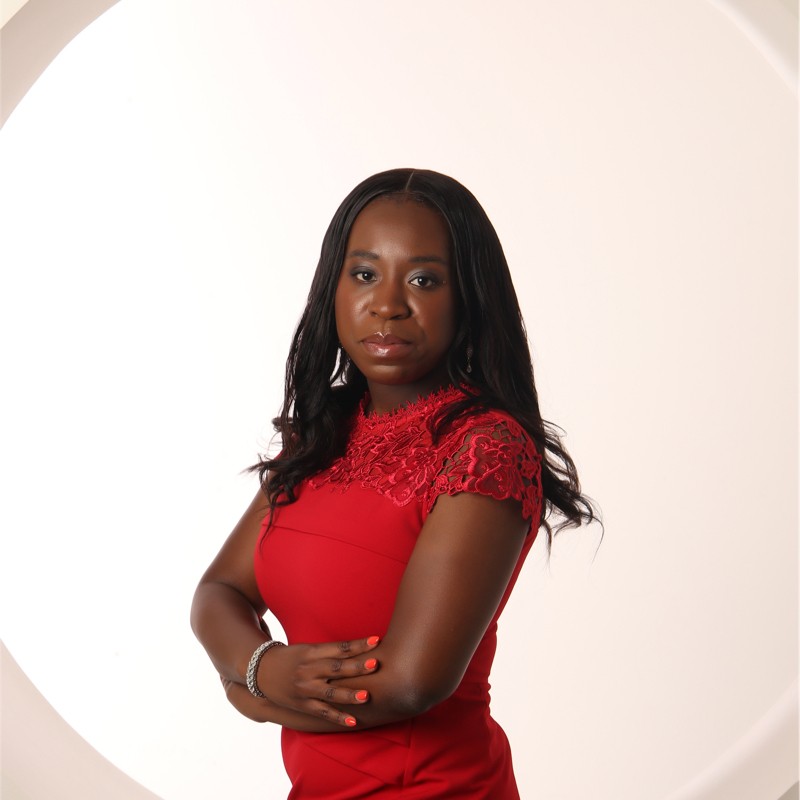Crohn’s disease is a long-term condition where the gut becomes inflamed. The main symptoms of Crohn’s disease are diarrhoea, stomach aches and cramps and blood in your poo.
I first started suffering symptoms of Crohn’s in 2018.
I was a few months away from travelling to Argentina and Brazil, experiencing nausea, fatigue, weight loss, and dizzy spells. These symptoms meant that I had to delay taking the necessary jabs but when I felt better I had the yellow fever injection and travelled to South America.
I felt fine during my trip and had no symptoms. I made the most of my trip, attending a football game in Rio, hang-gliding off the cliff at the red beach, and horse riding in Argentina.
I continued having no issue when I first got back and thought the nausea and dizzy spells were behind me.
However, later in the year I was unwell again. I had blood tests and hospital visits which showed I was dehydrated and had low iron.
To help with this I started on iron infusions every few months and B12 injections alongside tests to see what was causing the sickness.
I did food intolerance tests and had an MRI and an endoscopy which showed inflammation in my stomach and colon.
This led to my diagnosis of Crohn’s disease 2019.
Now, having tried various medicines, I use adalimumab injections in my legs and stomach every two weeks to control the symptoms. I often feel tired and nauseous and can’t always eat solids so take a supplement drink to help with nutrition.
The biggest challenge is having flare-ups that feel completely random and managing my symptoms when I am volunteering at an event. I try not to let it affect me and I am proud of still being able to work with charities and volunteer for sports events, but it’s a challenge.
I always make it apparent to the staff that I have Crohn’s so they know and I make sure there’s toilets nearby. I carry the radar key from my Crohn’s & Colitis UK membership, and a medical alert card listing what people need to know about me in an emergency.
In my role mentoring and speaking with others, I no longer hide away from my invisible disability and neurodiversity because it’s part of who I am. My sister’s friends inspired me to be more honest with my own friends because they’re so supportive and have given me advice around diet and things to try. When I did tell my close friends, they totally get it and are so supportive.


